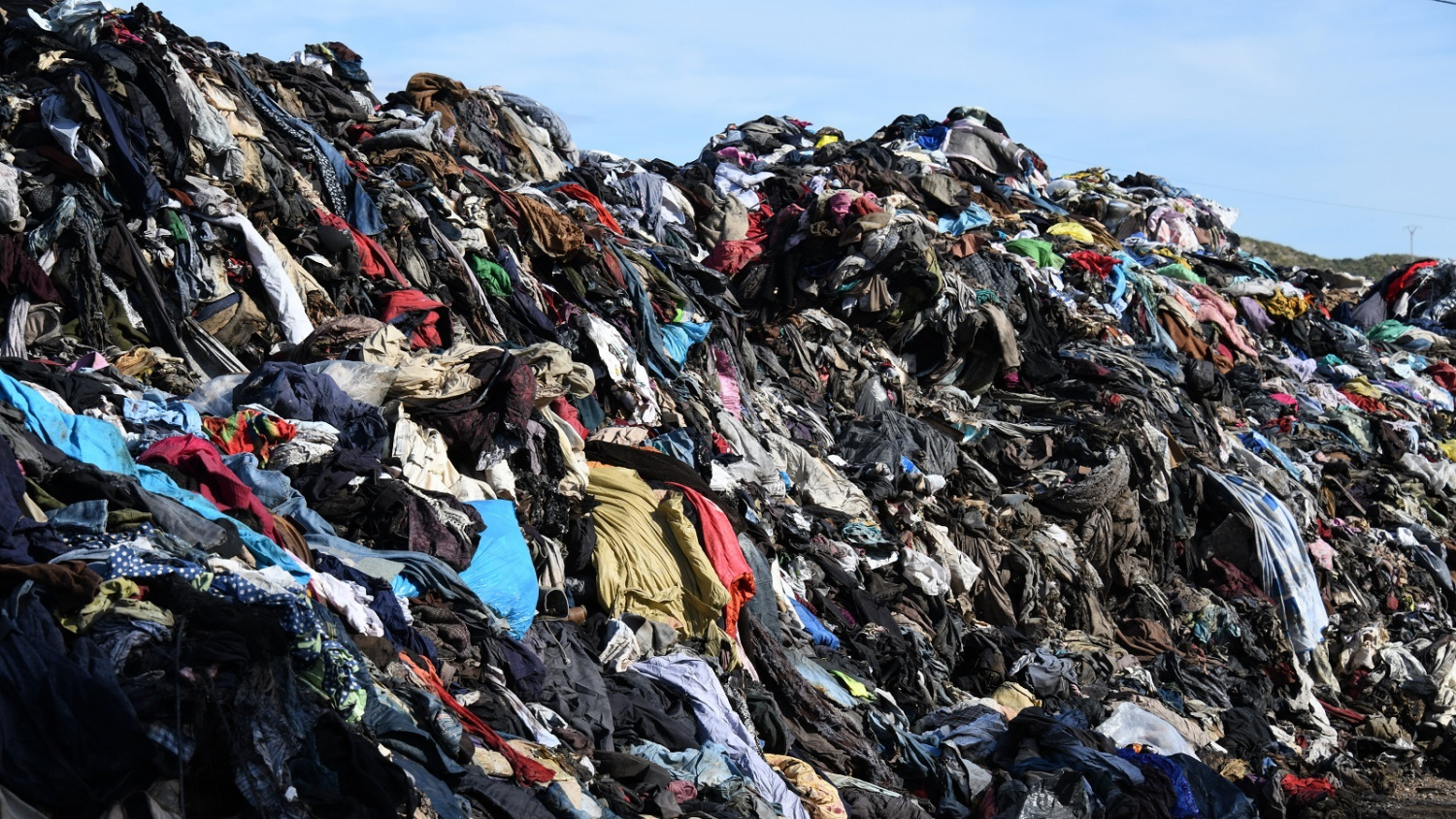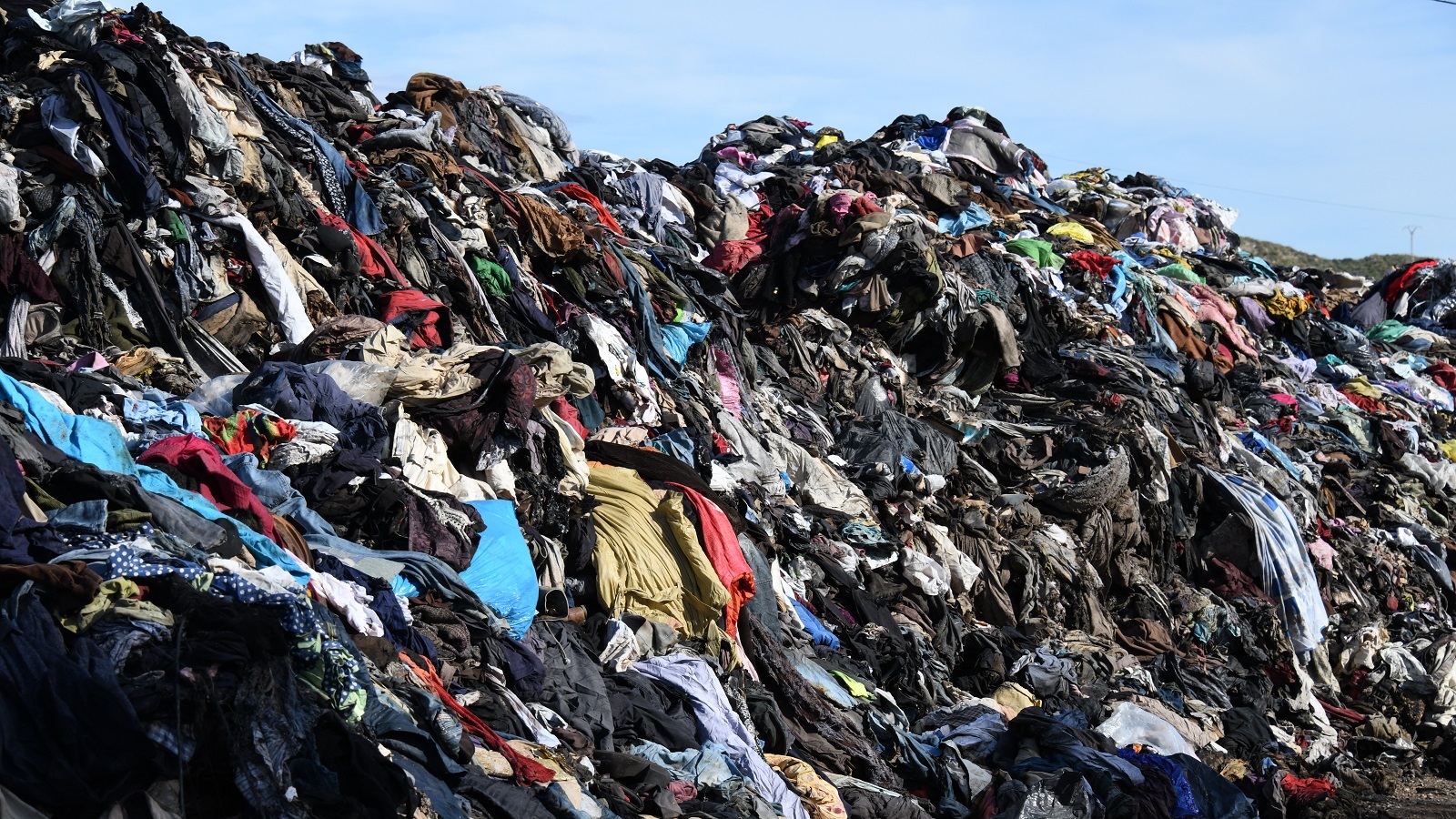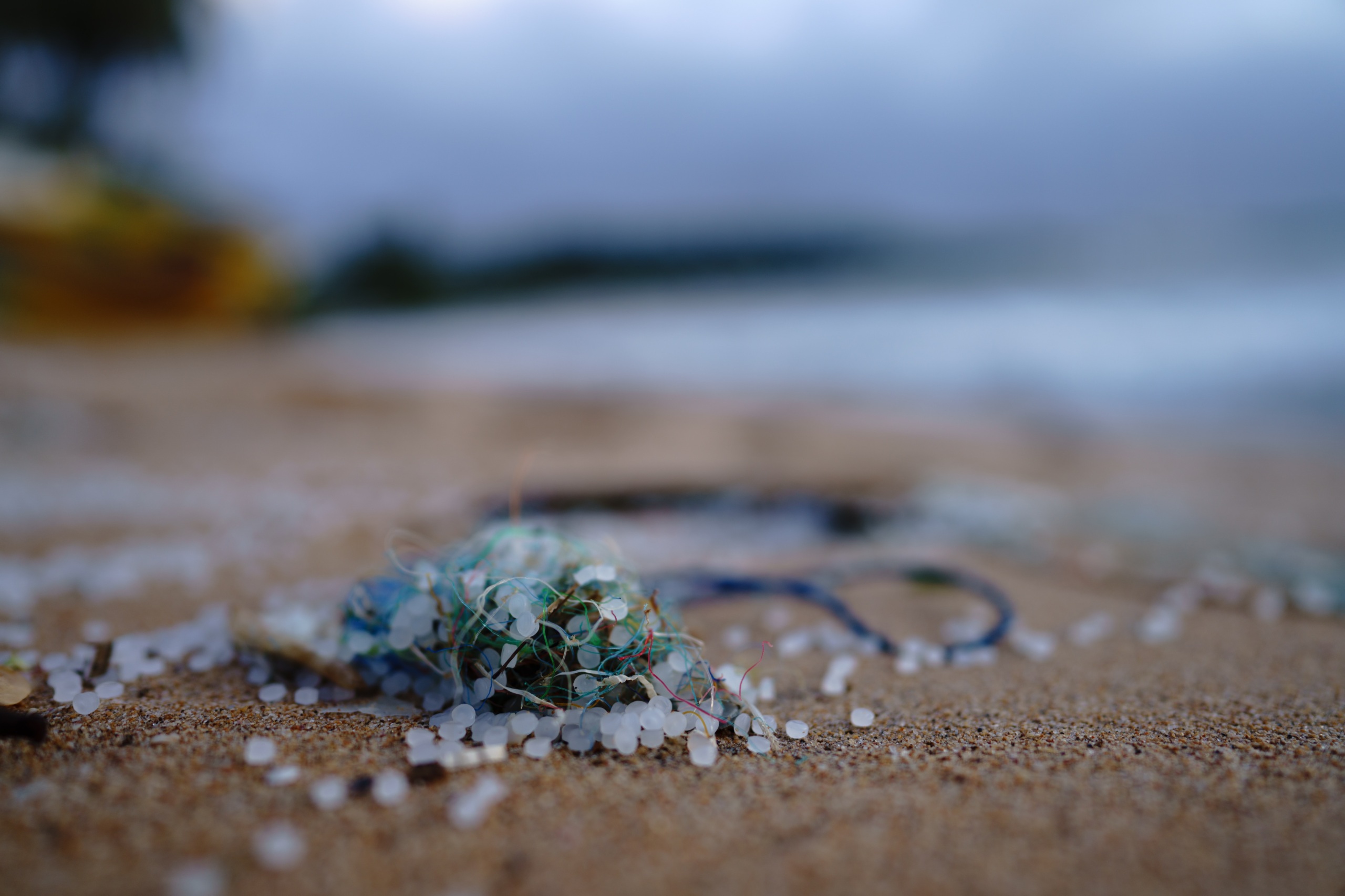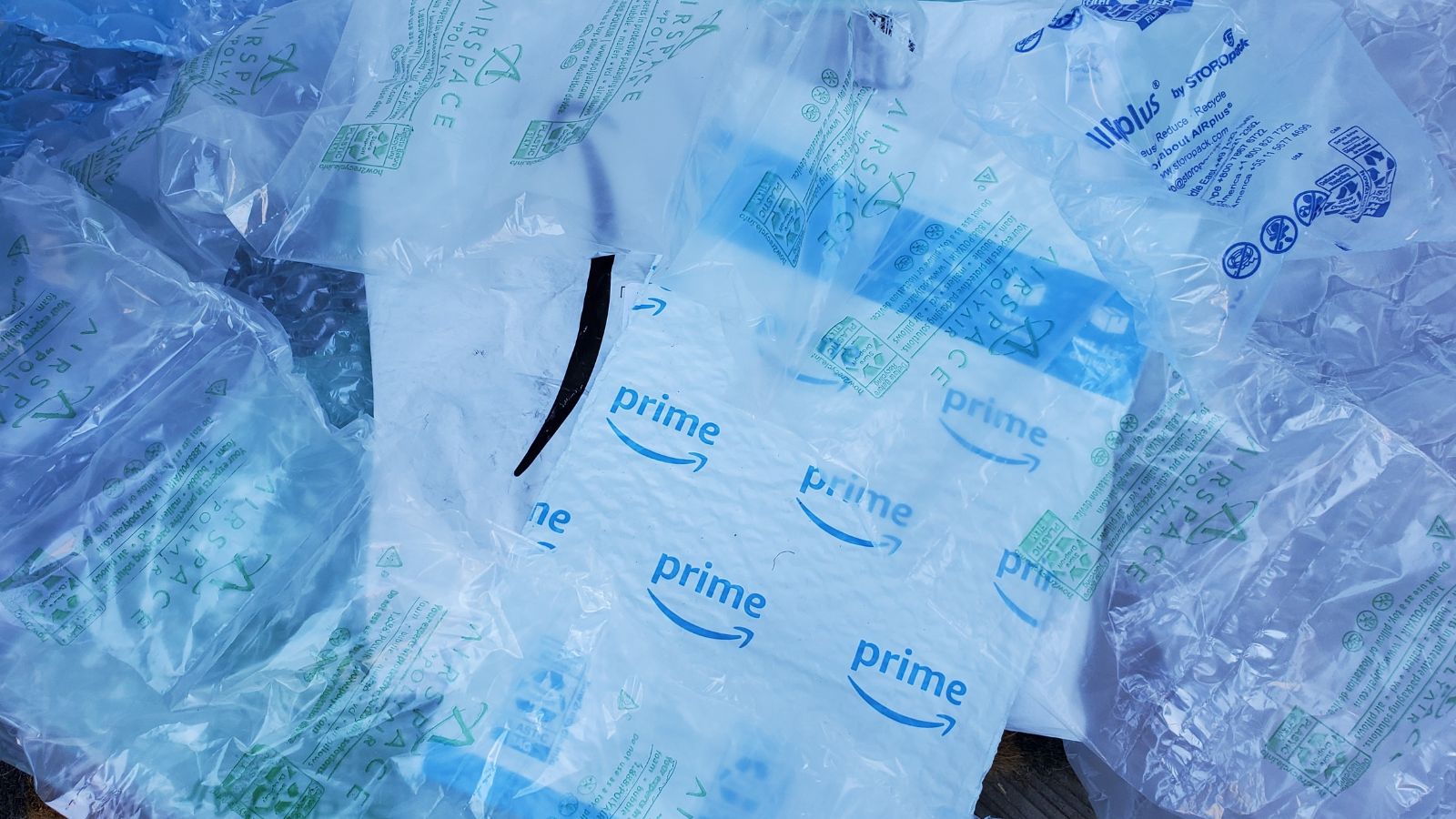
Event highlights environmental impact of fast fashion and emerging solutions
On Thursday, advocates from PIRG and Environment America discussed the growing environmental impact of clothing overproduction and what state lawmakers can do about it.

The fashion and clothing industry generates massive amounts of waste — and emits a lot of pollution in the process.
Producing just one cotton t-shirt requires more than 700 gallons of water and releases the same greenhouse gas emissions as driving a car for about 10 miles. Clothing and other textile waste is the fastest growing waste stream in the country. Around the world, the equivalent of one dump truck filled with clothing is sent to a landfill or incinerator every second, and more than $100 billion worth of materials are wasted each year.
In the United States, we generate enough textile waste to fill the Mall of America– the largest shopping mall in the country– every six days.
What makes this waste all the more outrageous is that millions of these clothing items are never even worn. A staggering 30% of all clothes made around the world are never sold.
On Thursday, PIRG and Environment America hosted, “Waste is out of fashion,” to highlight this growing environmental problem and some solutions that are emerging in the states and beyond.
Waste is out of fashion webinar
Waste is a design flaw.
The way that clothing manufacturers are currently operating reinforces the linear economy of manufacturing, use and disposal at the greatest possible speed, and as we’ve seen, creates a lot of pollution in the process.
There are a lot of critically important changes that need to take place– both through policy and within the industry itself– to move away from this very wasteful model to a more circular one in which consumer products and the materials that make up our world are built to last and easy to repair, and once they fulfill their original purpose, they are repurposed through reuse, recycling, or composting in a sustainable loop.
In addition to the state policies outlined in the “Waste is out of fashion” webinar, there are a lot of steps that companies can take to reduce waste.
Sign our petition to Forever 21, calling on the company to publicly commit to not burning or trashing unsold clothing.

Forever 21: Waste is out of fashion
Sign our petition calling on Forever 21 CEO Winnie Park to commit the company to not trashing or burning new, unsold clothing.
As consumers, we can use our power to call on these companies to change, while also reducing our own environmental impact.

Fashion tips: How to dress more sustainably and reduce your environmental impact

Fast fashion by the numbers

What’s the problem with fast fashion?
Topics
Authors
Janet Domenitz
Executive Director, MASSPIRG
Janet has been the executive director of MASSPIRG since 1990 and directs programs on consumer protection, zero waste, health and safety, public transportation, and voter participation. Janet has co-founded or led coalitions, including Earth Day Greater Boston, Campaign to Update the Bottle Bill and the Election Modernization Coalition. On behalf of MASSPIRG, Janet was one of the founding members of Transportation for Massachusetts (T4MA), a statewide coalition of organizations advocating investment in mass transit to curb climate change, improve public health and address equity. Janet serves as Chair of the Board of Directors for the Consumer Federation of America and serves on the Common Cause Massachusetts executive committee, Alliance for a Healthy Tomorrow board of directors, and Department of Environmental Protection Solid Waste Advisory Committee. For her work, Janet has received Common Cause’s John Gardner Award and Salem State University’s Friend of the Earth Award. Janet lives in Cambridge, Massachusetts, with her husband and two sons, and every Wednesday morning she slow-runs the steps at Harvard Stadium with the November Project.
Celeste Meiffren-Swango
State Director, Environment Oregon
As director of Environment Oregon, Celeste develops and runs campaigns to win real results for Oregon's environment. She has worked on issues ranging from preventing plastic pollution, stopping global warming, defending clean water, and protecting our beautiful places. Celeste's organizing has helped to reduce kids' exposure to lead in drinking water at childcare facilities in Oregon, encourage transportation electrification, ban single-use plastic grocery bags, defend our bedrock environmental laws and more. She is also the author of the children's book, Myrtle the Turtle, empowering kids to prevent plastic pollution. Celeste lives in Portland, Ore., with her husband and two daughters, where they frequently enjoy the bounty of Oregon's natural beauty.
Find Out More

Millions of tiny plastic pellets are being dumped into our waterways

Turning plastic waste into plastic lumber isn’t recycling

To reduce waste, Target should phase out plastic bags


